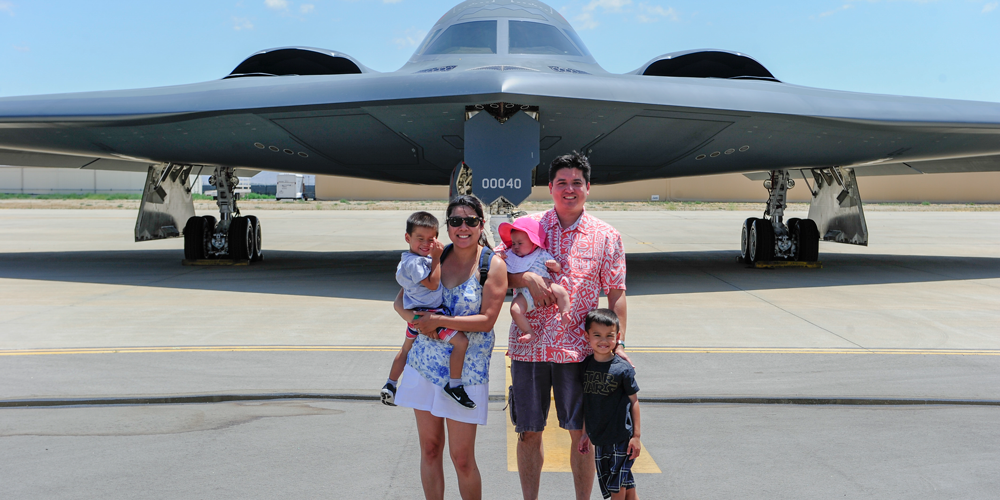
Q&A with Richard Sullivan: Invest in yourself
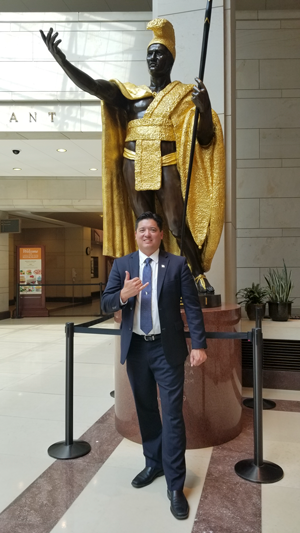 “What do I have to lose?”
“What do I have to lose?”
That’s what Richard Sullivan (BS ’94 Mānoa) remembers asking himself after one of his College of Engineering professors, Dr. Paul Weaver, encouraged him to interview for a position at TRW, now known as Northrop Grumman. Dr. Weaver was just one of many supportive faculty members who encouraged students to reach their full potential.
Now over 25 years later, Sullivan is a Vice President of Program Management at Northrop Grumman and has been a part of many phenomenal programs in the aerospace and defense industry.
Remembering the encouragement he received as a student, he enjoys offering support and mentorship to young engineering students who are just starting out in their careers.
“I now have the privilege of working with UH Engineering leadership, Dean Morioka, Associate Dean Choi, and Dr. Shiroma, amongst others, to maintain this spirit of having us in the industry help to give a motivating talk or support students in finding their paths,” said Richard.
We asked Richard a few questions about his career path, what he loves most about his work and what advice he’d offer students and recent graduates.
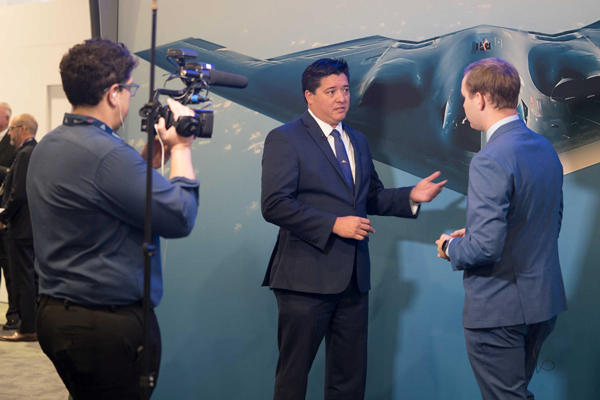
Describe your career path. How did you end up doing what you’re doing today?
After graduating from UH Mānoa with a Bachelors of Science in electrical engineering, I began my career at TRW (now Northrop Grumman) in Los Angeles. There had been a history of UH alumni entering the workforce in Los Angeles in support of the aerospace and defense industry. Many of us began now lifelong friendships because of our common culture, common likes of food, and all of us being away from home.
For those of us who moved to the mainland to begin our careers – we almost always assumed that “I’ll go for 5 years and move back.” Those that take the plunge are taking a big step or “risk of the unknown”, and taking measured risks is a great attribute in growing yourself and your own career. In addition to getting my master’s degree at USC in electrical engineering, I continued to take challenging assignments and other risks—like moving to the mainland—all of which has yielded for me assignments of increasing responsibility where I am now one of the ~180 persons at the vice president level at Northrop Grumman Corporation. I have the privilege to be the leader of some phenomenal programs. What was once to only be five years in the mainland has now been over 25 years, with a wife and three kids.
What’s the most rewarding aspect of your career?
I really like providing game-changing hardware and software solutions to the service men and women that rely on our products to solve their hardest problems.
We get feedback like “because of what you designed, manufactured, and maintained, I was able to complete my mission and get home to my family. Thank you.” These messages strike deep in my soul that what I do matters not only to individuals, but to the larger enterprise.
What’s the most challenging aspect of your career?
I would say that the most challenging aspect of my career is dealing with and recovering from unexpected outcomes. This is one aspect that really doesn’t get taught, so you have to have the perseverance and a positive attitude to find the root causes of why something happened to prevent these unexpected outcomes from happening again. I think growing up in Hawai‘i has helped this, by the way. The culture of the extended families, the calabash cousins, the aunties and uncles, and the deep friendships are in fact the relationships that enable anyone to persevere through almost anything.
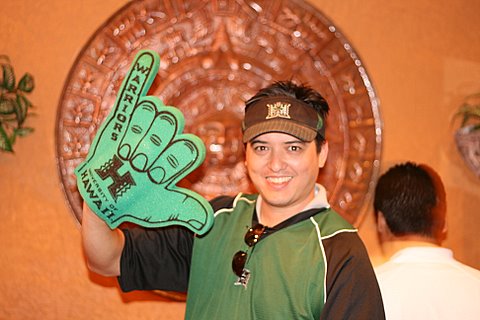 How has your UH education helped you in your career?
How has your UH education helped you in your career?
My UH education has done a fantastic job in teaching me fundamentals across many disciplines, particularly engineering where my career has been focused. With this good foundation, I have been able to build upon it to have now a diverse set of experiences which have been valuable in growing my career. And it wasn’t just me either…when I look around our Southern California campuses of Northrop Grumman, we have four UH alumni that have achieved the highest ranks of engineering (out of total of ~112) called Technical Fellows. At our Southern California campus comprised of ~8000 engineers, this is a notable accomplishment! Also many people at the director and VP level are from UH as well and are responsible for significant programs that support the nation’s science and defense needs.
What piece of advice would you offer students or recent graduates who are just entering the workforce?
I have a couple pieces of advice that I would offer:
- You have to advocate for yourself, know where you want your career to go, and drive your career. Growing up in Hawai‘i, humility is a key positive attribute. The workplace, though, has managers with generally limited time (the key resource) to do everything that they would like to do to help you (in general). The managers depend on the employee to help them get the information of “do you like your assignment?” or “where do you want to be in five years?” I have seen both scenarios where people drive their career, or others that wait and see, and in almost every case, the individual that takes control of their career ends up doing more for themselves (preparation, training, etc.) that enables their career growth.
- I would let people know that their career is a marathon, not a sprint, and playing the long game requires continued investment in yourself. Along the way, the need to continue to learn and grow, whether it be more formal education, certificate programs, or other means to expand one’s own knowledge, is critically important. I’ve similarly started with engineering topics, to project management, to business/financial acumen, to strategy over the course of my career. If you invest in yourself, the company notices.
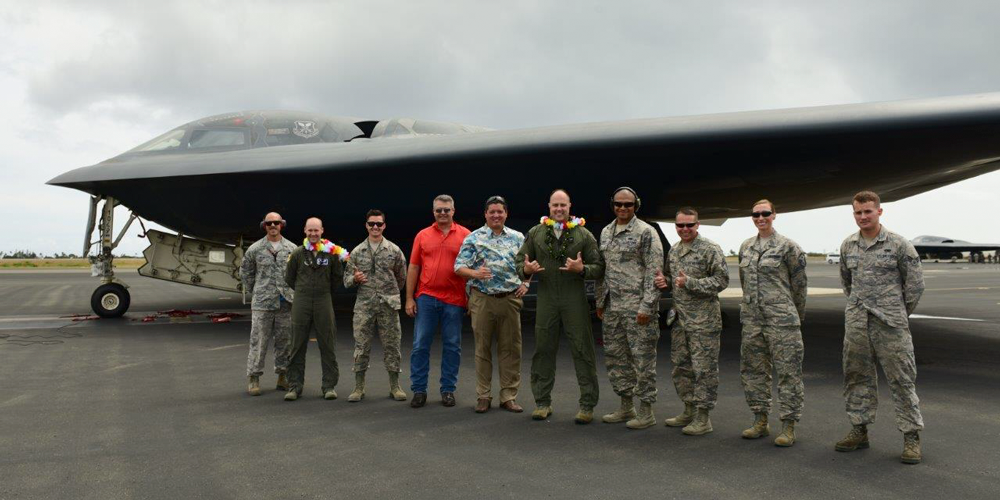
Photo caption: Richard Sullivan (5th from the left) along with Brigadier General Nichols, commander of the 509th bomb wing.
